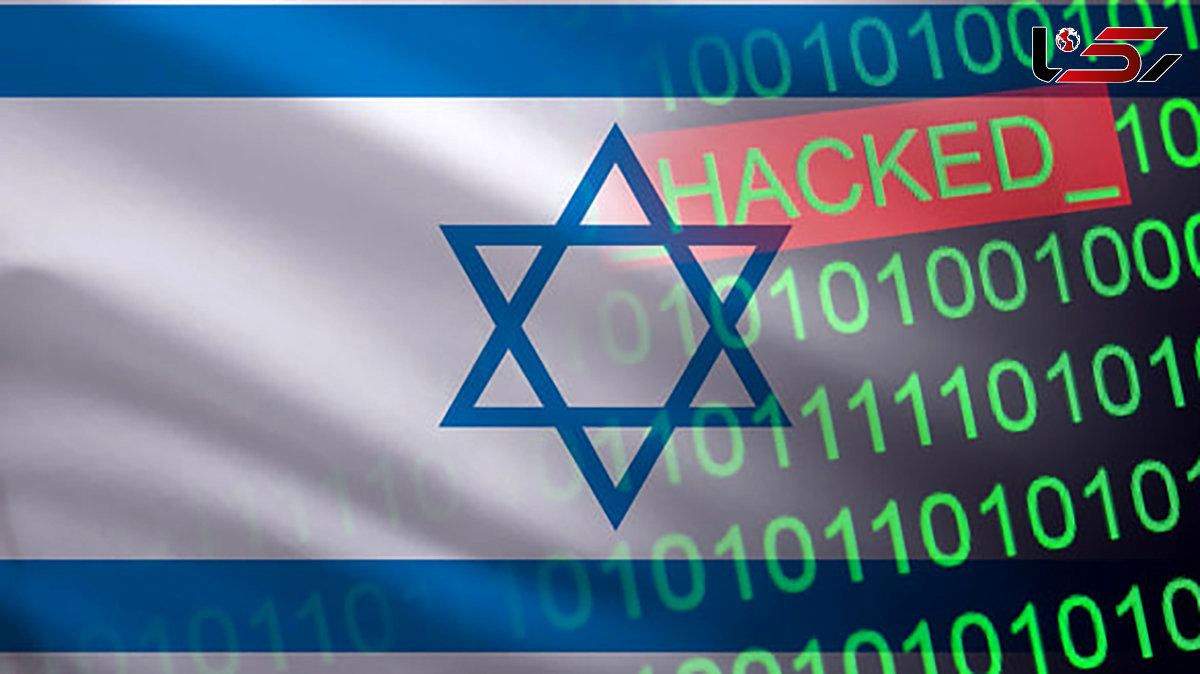Israeli Intelligence Data Seized by Hacker Group “Promised Revenge” + Video
Rokna Political Desk: Tens of thousands of subscribers of the Israeli internet company Rimon faced severe disruptions and outages following a massive cyberattack. The hackers claimed that, in addition to disabling infrastructure, they had also obtained classified documents and intelligence data from the company.

According to Rokna, tens of thousands of Rimon’s users in the occupied territories were hit on Sunday by a large-scale cyberattack that caused either complete disconnection or serious internet disruption. In this attack, confidential documents of the company were also seized by the hackers.
Rimon, which primarily provides filtered internet services for the ultra-Orthodox Jewish community (Haredim), confirmed in a statement that, in order to prevent further damage, its infrastructure was preemptively disconnected from the global network. This action resulted in some customers being completely cut off from internet access, while others experienced severe service interruptions.
A hacker group calling itself “Promised Revenge” claimed responsibility for the operation. Members of the group alleged that, in addition to disabling Rimon’s main website and those of its subsidiaries, they deleted more than 500 terabytes of data from its servers and disrupted the company’s online activities across Israel for more than ten hours. They also claimed to have accessed Rimon’s internal documents, which, according to them, reveal that the company uses filtering mechanisms not only to provide services but also to monitor users, particularly Palestinians. The group asserted that these documents prove Rimon’s involvement in espionage and illegal activities.
In response to the incident, Rimon sent an email to its customers stating:
“We were attacked by a hostile entity, and as soon as the breach was detected, defensive measures were initiated. To manage the crisis, the company’s infrastructure was deliberately disconnected from the internet. Some customers currently have no access to the network, and disruptions to filtering services are possible. At present, no evidence has been found of any leakage of customers’ personal data.”
Cybersecurity experts in Israel described the attack as a blow to public confidence in domestic internet services, warning that even denials of data leaks would not alleviate user concerns. Tam Malka, head of cyber and artificial intelligence research at the Israeli company Rakia Global, stressed:
“This attack demonstrates that cyber warfare and psychological warfare are entirely intertwined, and that anti-Israeli hackers now consider cyberspace to be as much a weapon as rockets and military operations.”
Send Comments